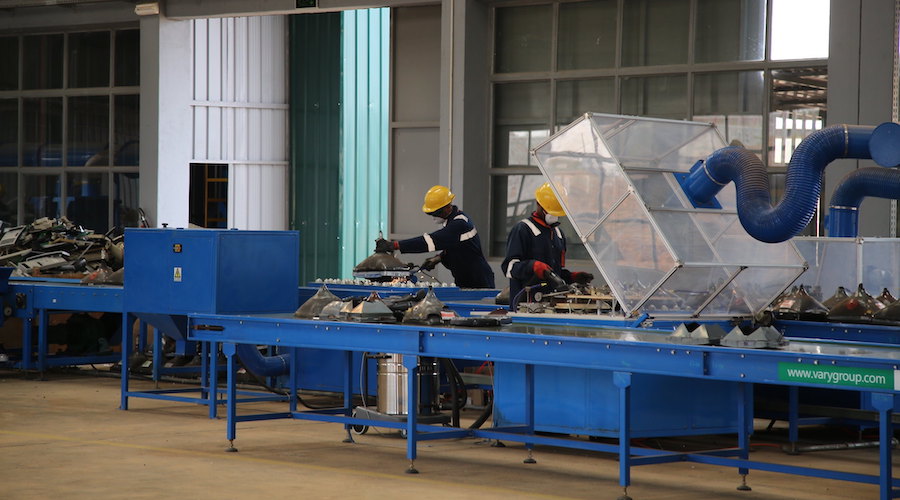According to a recent report by Wood Mackenzie, the EV battery recycling process as a business will not be achievable until 2030. So far battery recycling has been discussed as part of reducing the burden of not finding enough resources. However, the challenge lies in achieving competitiveness in cost and volume.

While battery recycling has gained some traction with portable electronics. EV battery packs are usually more complex to disassemble into individual cells in order to separate recyclable materials. So it is unlikely that recyclers will be able to have the volumes of new battery production, as mentioned in the report. Also, New batteries cost less to make, and manufacturers are shifting towards cheaper materials. This could further change the cost reduction, says Wood Mackenzie’s report. Automakers are also looking beyond the currently dominant lithium-ion chemistry to solid-state cells. It would require recyclers to change their processes.
EV Recycling push
While automakers are considering battery recycling, Redwood is one such battery recycling company that is solely working on battery recycling. Founded by former Tesla founder, JB Straubel tears batteries down. In the past, he talked about how the recycling industry needs to push, and how the involvement of other recycling companies is important. It would be extremely difficult to have only one company that has to supply all EV batteries.
Also, large automakers are considering recycling as a part of their manufacturing process. Recently Toyota said that they are going to use used parts for their vehicles as long as they don’t interfere with the vehicle performance. Minor quality adjustments for a company that used to be largely focused on quality are a big deal.











